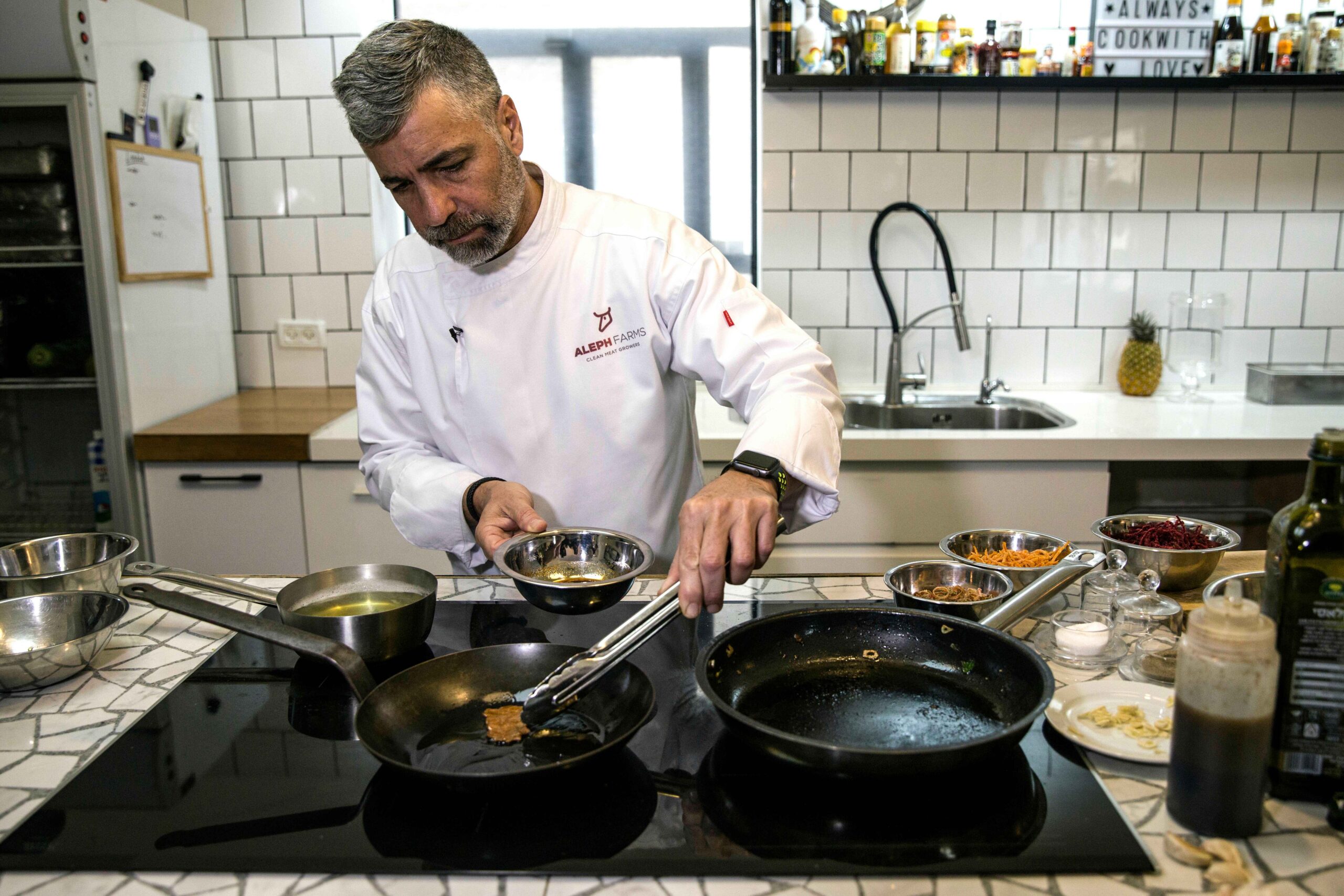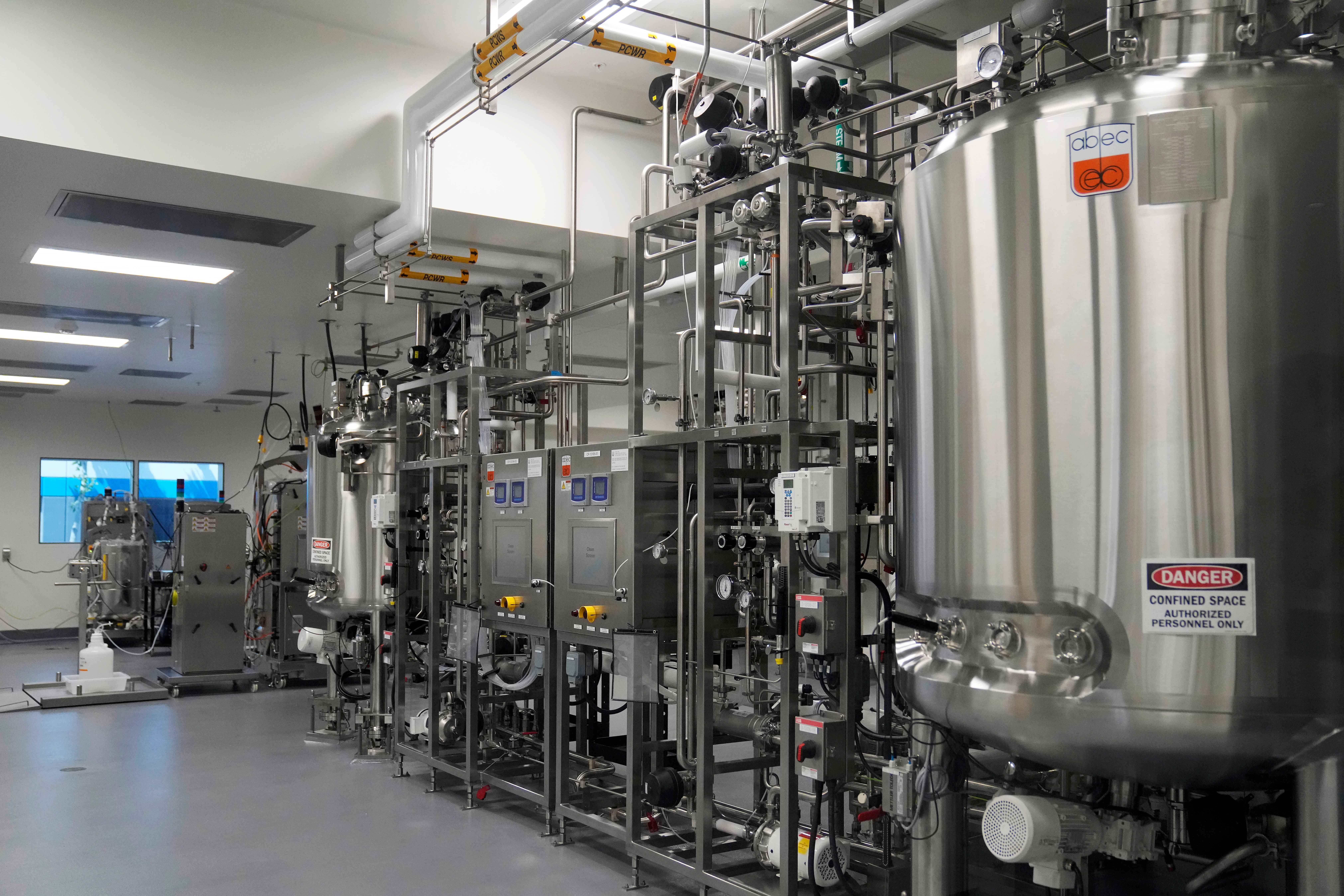Officials from the Israeli Health Ministry have approved the world’s first-ever “cultivated” beef steaks for public consumption in what is being called “a global breakthrough” for food production. Aleph Farms, the food tech startup that will supply the cuts of meat to restaurants across Israel, specializes in producing beef from cultivated cell clusters rather than from live animals.

According to a news release from the company, which is based in Rehovot, Israel, Aleph Farms received the initial go-ahead from health ministry officials in late December. At the time, the ministry said that the approval was part of a pilot program from the National Food Service to identify alternative protein sources from “non-living origin.”
“This regulatory milestone, the first of its kind worldwide, reflects a comprehensive assessment of crucial factors, from toxicology and allergens to nutritional composition, microbiological safety, and chemical safety throughout the entire production process,” said Ziva Hamama, Food Risk Management Department Director at the Health Ministry.
Learn the benefits of becoming a Valuetainment Member and subscribe today!

Like other companies experimenting with cultivated meat, Aleph Farms develops its food products in a lab via a process that completely bypasses the need for living animals. Fertilized eggs or living stem cells taken from an animal are placed in large nutrient vats, where they grow into masses of meat over time. The meat is then harvested and shaped into recognizable food products before being sold.
Aleph Farms uses eggs taken from a Black Angus cow named Lucy who currently lives on a farm in California. The non-modified, non-immortalized cells are mixed with a blend of plant proteins from soy and wheat and then formed into the “petite steaks” that will soon be served to Israeli diners.
Proponents of cultivated meat argue that the process is more environmentally friendly than standard meat production, with the added benefit of eliminating the need to harm animals. However, the industry continues to struggle with high costs and difficulties scaling production to be a viable alternative to normal meat. At the same time, critics also raise concern over the potential health effects of consuming bio-engineered meat products soaked in synthesized plant compounds.
Despite these roadblocks, cultivated chicken from two separate California-based companies has already been approved for sale in the United States, and a third chicken company has been greenlit in Singapore. Italy has proactively banned all cell-based meat, but the Food and Agriculture Organization of the United Nations (FAO) and World Health Organization (WHO) are supportive of the more than 150 companies currently testing cultivation methods.
Related: Tyson Foods Announces Massive Investment in Insect-Based Protein
With Israel’s approval, Aleph Farms can now submit its products and labels for final review, meaning it could still be several months before the cultivated steaks are served to diners. However, the company still views this as a step in the right direction.
“We believe that addressing joint challenges like food security is the best way to ensure the prosperity of the Middle East and other parts of the world that rely heavily on massive food imports, especially in Asia,” Didier Toubia, CEO and co-founder of Aleph Farms, said after the approval.
Almost exactly one year ago, Aleph Farms also gained the approval of Israel’s chief rabbi, who certified that the cultivated meat is indeed kosher by way of not technically being meat.
Connor Walcott is a staff writer covering politics, culture, and business for Valuetainment.com. Follow Connor on X (Twitter) and look for him on VT’s newest show, “The Unusual Suspects.”



















Add comment